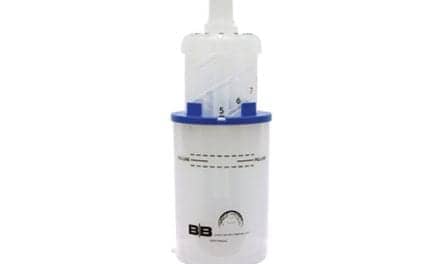The American Thoracic Society (ATS) supports the Environmental Protection Agency’s (EPA) new rules to reduce carbon emissions in the US, according to an organization announcement. ATS believes the rules are an important step toward improving air quality and addressing global climate change, and they will improve public health.
“The evidence linking both air pollution and climate change with adverse health consequences, which comes from a broad range of scientific disciplines, is extensive,” said George D. Thurston, ScD, chair of the ATS Environmental Health Policy Committee and professor at NYU Langone Medical Center’s Institute of Environmental Medicine. “These new rules will help slow the progression of global climate change while also preventing children and adults from being exposed to the toxic effects of air pollutants associated with carbon emissions.”
Reducing carbon emissions also decreases other noxious air pollutants such as mercury, ozone and particulate matter, which have been shown to cause neurological damage, respiratory and cardiovascular disease.
The adverse respiratory effects of climate change include increases in the symptoms of asthma and seasonal allergies due to longer, more potent pollen seasons, critical illnesses caused by heat waves, and exacerbation of a number of pulmonary conditions, including asthma, chronic obstructive pulmonary disease (COPD), and associated cardiovascular diseases, by climate-driven air pollution.
In a recent survey of American Thoracic Society members, the majority of respondents said that they had already observed adverse health consequences of climate change in their patients.
“Reducing carbon pollution will improve the health of communities across the United States right now,” said ATS President Atul Malhotra MD. “Controlling carbon emissions will directly reduce ozone and particulate matter air pollution, which remains a serious public health problem, causing asthma attacks, COPD exacerbations, and even premature deaths which could have been prevented.”









